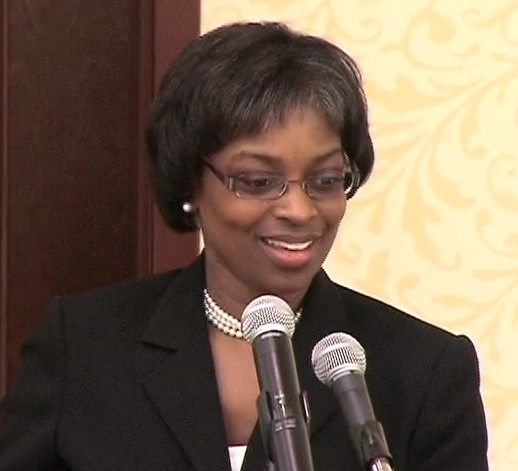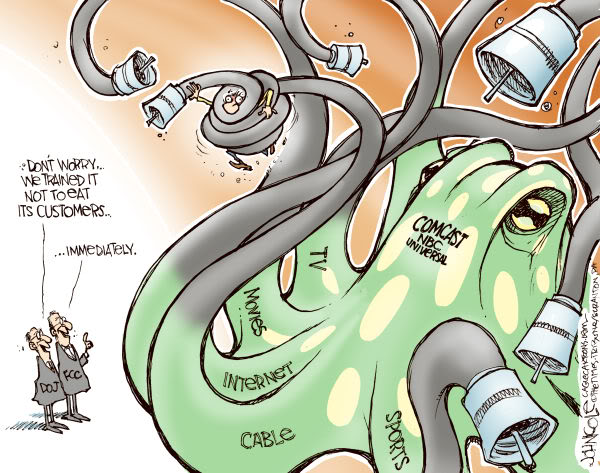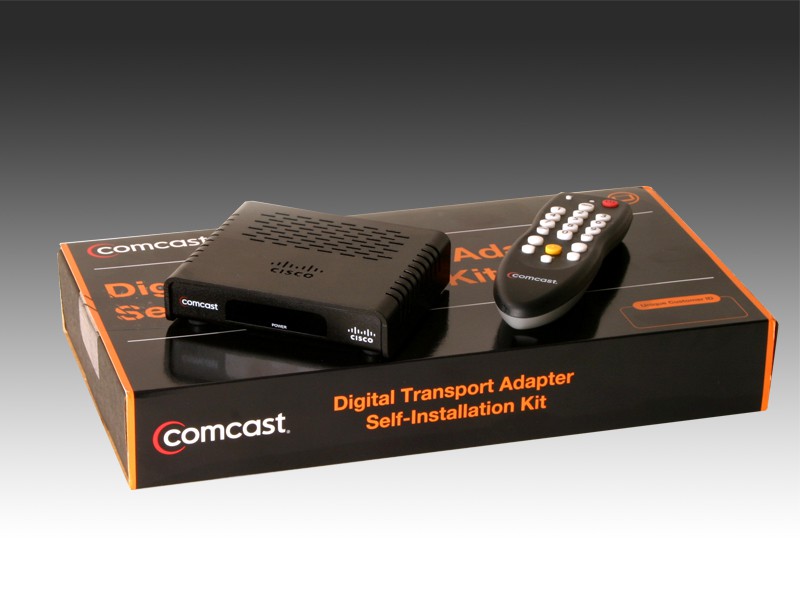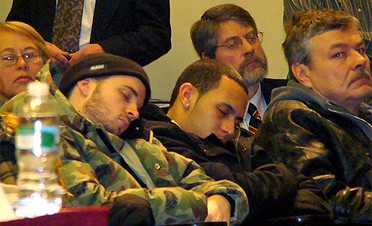Stop the Cap! completed and today filed a formal submission with the Federal Communications Commission opposing the merger of Time Warner Cable and Comcast.
We joined tens of thousands of filers — mostly consumers — strongly opposed to the merger on the grounds it is not in the public interest.
Earlier today, Consumers Union filed its petition with more than 20,000 signatures of ordinary Americans across the United States who want nothing to do with Comcast.
Back here in New York, Comcast this afternoon filed a response with the Public Service Commission regarding our (and other) submissions opposed to the merger. We will be analyzing and rebutting their response straight away. Comcast went all-out name-dropping people and groups (many with direct, usually undisclosed financial ties to Comcast) to sell New York regulators the theory ‘the groups and people who matter’ are in favor of their merger while those opposed are mostly out-of-state rabble or unsubstantial individuals of few words.
“Given these many concrete benefits, and the lack of any harm to competition or consumers, it should come as no surprise that the overwhelming majority of the substantive comments (approximately 110 out of a total of about 140 substantive comments) filed in this proceeding support Commission approval of the transaction,” writes Comcast.
Comcast did not share their subjective standard of what constitutes “substantive” but a quick review of the groups cited in Comcast’s response show some substantive was involved – a check from Comcast either recently or in the past. Our view is that it doesn’t take more than a sentence to express extreme displeasure about Comcast taking over Time Warner Cable, and those views should matter just as much as a virtual Hallmark card from a group or politician that used a Comcast-provided “template” with a detachable check at the bottom.
Our favorite was Comcast’s highly defensive ‘hey New York PSC, it’s none of your business that Comcast is testing usage caps and you cannot use it against us’:
The Writers Guild of America, West, Inc. (“WGAW”), Zephyr Teachout and Tim Wu, and Stop the Cap! argue that Comcast will extend data caps and usage-based pricing to New York to impose restraints on online content and drive up consumer costs.
This broadband-related claim is irrelevant to this proceeding and beyond the Commission’s jurisdiction. Indeed, the FCC expressly approved of usage-based billing in its 2010 Open Internet Order and is again examining the issue in the pending Open Internet rulemaking.
In other words, whether data caps are appropriate is a matter of federal regulatory concern, not one that relates to this proceeding or that is even transaction specific (since nothing precludes TWC from adopting caps at any time, as it has in the past).
So regardless of whether data caps are in the public interest or not, New York should not be allowed to weigh in because former FCC chairman Julius Genachowski said usage based billing could be an innovative way to bill for broadband.
In reality, New York can decide for itself what is in the best interests of its residents, and Time Warner Cable determined what was best after a two-week firestorm in 2009 that taught them compulsory usage caps were a really bad idea. But Comcast isn’t terribly interested in the views of the unsubstantive masses — which is comparable to their attitude toward customers, so no change there. It’s just a free preview weekend of what we all have in store if Comcast takes over.


 Subscribe
Subscribe

 While Comcast is excited about the proposition of transitioning Time Warner Cable customers away from the current mixed analog-digital platform to an all-digital lineup, Time Warner Cable customers have paid less and avoided costly, unwanted extra equipment as a result of the choices consciously made by Time Warner Cable.
While Comcast is excited about the proposition of transitioning Time Warner Cable customers away from the current mixed analog-digital platform to an all-digital lineup, Time Warner Cable customers have paid less and avoided costly, unwanted extra equipment as a result of the choices consciously made by Time Warner Cable. On January 1, 2013 Comcast began informing subscribers a new $1.99/month “additional outlet service charge,” now applied for each DTA installed. [7]
On January 1, 2013 Comcast began informing subscribers a new $1.99/month “additional outlet service charge,” now applied for each DTA installed. [7]
 The group involved in the current controversy reportedly received $350,000 from Comcast and promptly began a vocal opposition campaign against Net Neutrality, an open Internet policy Comcast still opposes being enacted as official FCC policy.[2]
The group involved in the current controversy reportedly received $350,000 from Comcast and promptly began a vocal opposition campaign against Net Neutrality, an open Internet policy Comcast still opposes being enacted as official FCC policy.[2]